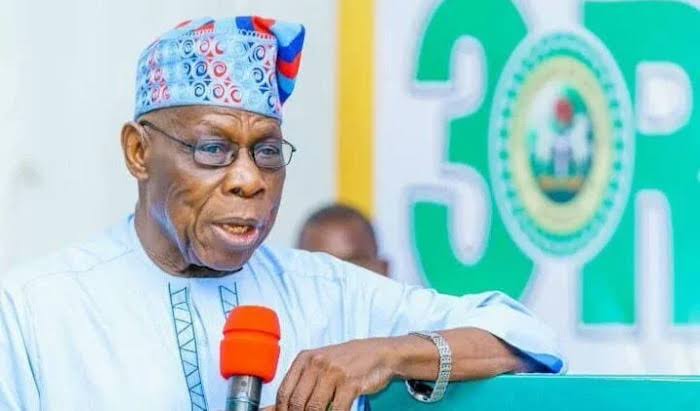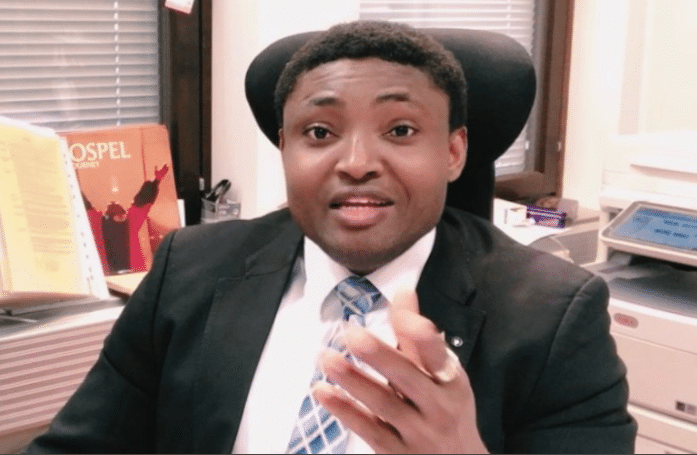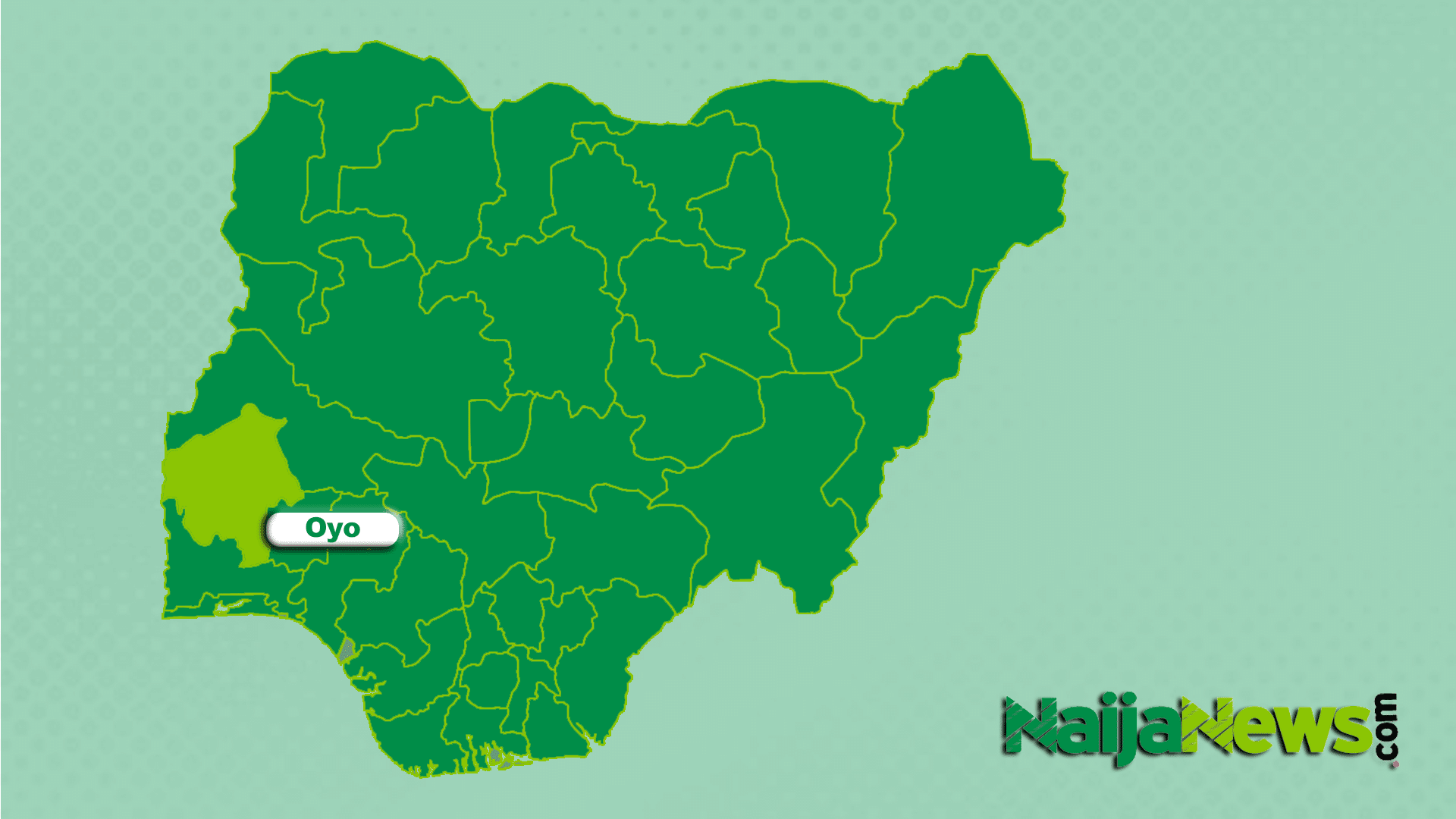• Development plan commenced over 40 years ago
• Some factors play out to make it possible
History is a thread, which stretches from the past into the dim horizons of the future. Today, Abuja stands on the threshold, in terms of massive improved infrastructure delivered by the Federal Capital Territory Administration, to fulfill the dreams of the founding fathers of the city.
It was created as a modern nation’s capital on December 12, 1991 to replace Lagos, the former seat of government. Abuja is the Federal Capital of Nigeria and the centre of political activities and other businesses. Its development plan commenced over forty years ago.
The site was chosen because of its central location that formed part of the provisions of the Abuja Master Plan designed by International Planning Associates. What delayed its development? Past Ministers caused the neglect and decay of the City Centre.
Available records show that execution of the plan was to serve for the development of adequate recreational and green areas that would accommodate the national government, cultural institutions and Central Business District, districts and foreign missions.
Similarly, outside these, the residential mini-cities with an initial population of 250,000 residents gathering around local business and employment centres, but 1979 Master Plan, Abuja’s Territory was scheduled to be developed in four phases with its satellite towns.
However, the phase one development has been almost completed and includes the Central Business District (the Three Arms Zone Presidency, National Assembly and Supreme Court) Maitama, Wuse, Garki, and Asokoro, residential and business districts.
It was gathered that five districts in phase two and some other ones have development at various stages of completion.
In addition, the Gwarinpa District has the largest single housing estate, built by the late General Sani Abacha administration, the largest of its kind in Africa.
However, its development did not just transform Federal Capital Territory, but it also illustrates some of the flaws in the way the city of Abuja is run. Of course, several factors come into play to make the road infrastructure development happen a priority for the FCT Minister.
In the recent past, the City has grown incrementally and chaotically, even after long years of demolition exercise of illegal structures by former ministers and administration of the Territory. When new buildings come up, there is something to be said for a formal plan.
And that can happen more easily where there are improved infrastructure. To this end, the administration announced the construction of 10,000 housing units for the residents and even if the property market trembles, new owners are still thronging the Abuja Geographical Information System for plan and permit to build.
Reliably, it was gathered that many plot owners keep their properties as a second home, visiting them only a few times in a year waiting for road networks. In March, the authorities have to warn owners of undeveloped landed properties to build or consider their allocation revoked.
Generally speaking, with a teeming population, Abuja represents one of the fastest developing cities in Africa and one of the most expensive urban centres in the world. However, the current metro area population of Abuja in 2023 was 3,840,000, a 5.15% increase from the previous year.
According to the Nigeria Bureau of Statistics, FCT recorded 1,737 road accidents in the last six years. The figure is alarming because the roads were bad, with potholes and some remained unmotorable until the advent of Minister Nyesom Wike who swung into action to rehabilitate them.
Having studied the trends of roads in Abuja, President Bola Tinubu, appointed former Rivers State Governor, Wike, to administer the Federal Capital of Nigeria, focusing on massive road construction projects.
Wike, a man of action, in one of his inspection tours, had proposed at least N1.15 trillion as 2024 Statutory Budget to the Senate Committee on FCT to enable the administration to transform the capital city and rural communities to the dreams of the founding fathers.
He defended the figure by explaining that out of the amount will be used as follows; N421.44 billion was earmarked as recurrent expenditure, representing 36.7 per cent, while N726.3 billion was set aside for capital expenditure, representing 63.3 per cent.
To make meaningful impact, Minister argued that there are several projects like, Southern Parkway from the National Christian Centre to Ring Road 1, the development of the Outer Southern Expressway OSEX from Villa Roundabout to Ring Road 1, and the Vice President’s official residence,that will take huge amount of money to complete them.
“Out of N726.3 billion proposed capital expenditure, N80 billion was allocated for SUKUK loan projects, while N29 billion was earmarked for the Abuja Light Rail project. About N500 billion will come from commercial loans to complete some ongoing capital projects in the federal capital city and satellite towns,” he added.
Explaining further, he said that the balance of N117.3 billion was dedicated to the completion of ongoing capital projects and other counterpart-funded related projects aimed at enhancing socio-economic activities in the FCT.
“The Wuye Interchange and Guzape Lot II District Infrastructure are also on track for completion and are expected to be operational. Mr. President has given tremendous support, and we are committed to ensuring that these projects are completed on time to ease traffic congestion and enhance connectivity within the city,” Wike added.
On his part, the Federal Capital Development Authority Executive Secretary, Engr. Shehu H. Ahmad echoed the Minister’s statements during the tour, emphasising the expected benefits in reducing traffic congestion and improving transportation efficiency in Abuja.
Ahmad therefore reassured the contractors handling the projects to be dedicated to meeting the deadline, aligning with the government’s objectives and providing necessary infrastructure improvements to support the city’s growth and development.
“The major road projects in the city are now 98 percent completed and in years ahead we must have kept our promise to the residents of Abuja. Projects are not only to fulfill our commitment but also showcase the potential for improved urban mobility and infrastructure under the Renewed Hope Agenda.”
Many residents who spoke on the exploits of Wike on general outlook of the place, stating that the Minister has brought great light into the dark city because prior to assumption of office, one cannot access or navigate the city centre and by extension the suburbs.
One of them, Yahaya Diri, an indigent of Abuja, explained that delivering significant projects, such as roads, which residents had given up hope on, was part of President Bola Tinubu’s vision to restore the long lost hope of the people, saying, “Governance is about what the people want.”
He observed that the unprecedented development took place just one year after the administration came on board, adding, to achieve the feat the Minister dedicated all to development of infrastructure, with an emphasis on the completion of ongoing projects.
Diri, therefore, urged FCT residents and Nigerians to pray for good health and wisdom for Mr. President and Minister to succeed in delivering good things that would trigger overall development of the Territory and by extension to neighbouring states.
“Additional projects close to completion include the B6 and B12 Circle Road, also known as Independence and Constitution Avenue, and the full scope development of the Arterial Road N20 from Northern Parkway (Shehu Musa Yar’Adua Expressway) to Outer Northern Expressway.”
Also, speaking on modernisation of Abuja road networks, a retired Director in FCT, Bassey Mbang stated, it was only the former Minister, Mallam el-Rufai who attempted to look into the road sector, but others could do much and the few projects they embarked upon, were abandoned. º

 5 months ago
73
5 months ago
73















 English (US) ·
English (US) ·